retaW – pronounced ri-’tü, is a Tokyo based fragrance and apothecary label co-founded in 2009 by Hiroshi Fujiwara and Daisuke Murakami. Since then the company has steadily grown amassing a fan base through their unique products and subtle marketing. retaW is playful at heart and utilizes unconventional approaches in creating products and scents; by taking the road less traveled in the cosmetics industry it has set itself apart as an evolution of products rooted in Harajuku’s street culture.
With its name derived from the main constituent making up our planet and virtually all living inhabitants, retaW aims to be an all encompassing lifestyle brand for all the moments in one’s life to “fill each moment with life coloured in scent.” Each product is rooted in everyday inspirations with understated design and indirect cultural references. The results are a more nonchalant take on an otherwise intrinsically sophisticated industry.
Traveling between the dense metropolis of Harajuku and the sparse prefecture of Saitama; we toured retaW’s design office, one of their factories, and flagship store. Witnessing first hand the flow of these products from design table to assembly line and eventually retail display. We discuss in-depth about the brand’s philosophy, and some amusing details that have never been shared before behind fragrances and designs.

When and how did retaW start?
retaW was first started in 2009 by Hiroshi Fujiwara and Daisuke Murakami, the latter who happens to be a physician. Hiroshi, a prominent figure – first as a DJ and then as a designer, is involved in different cultural facets – with fragrances being one of them. The timing was just right that he and Daisuke wanted to do a fragrance label attached to the culturally creative world. The brand started from a simple body shampoo and naturally grew from there.
Did the team have a history in the apothecary industry?
Not per se, but there were definitely systems in place to start a brand. As a doctor he was well versed in medicine, he knew the ingredients and processes in regards to cosmetic products. Through his connections to the medical industry and suppliers, he was able to research and develop fragrances and products.
“Water – in terms of molecular structure, as humans we are made up of about sixty-percent water. In essence we wanted retaW to be all encompassing, not just for specific occasions, we wanted to encompass every single facet of your life.”
retaW is water spelt backwards, what is the meaning and philosophy behind the name?
Water is a daily necessity of life, so with a similar concept we wanted to encourage the use of fragrances in everyday life, and break conventions that fragrances should only be reserved for special occasions. Traditionally, fragrances or perfumes have a serious and clinical image; strict with a culture surrounding it perceived as high-end and stoic. When we think of fragrances we tend to think of luxury labels creating expensive perfumes and products. With retaW, we wanted to create a more casual approach where you can instill fragrances into daily life, whether it’s spraying a fabric liquid on your clothes or at home with diffusers, candles, or a room tag. For example, we have a denim spray so you don’t have to keep washing your jeans, you’re able to achieve a nice wear and tear on it but it still smells nice. We like to incorporate fragrances on a more casual basis; the first perfume we ever did was a solid perfume – instead of an expensive spray-on product, we made it a more accessible product. It is offered in an aluminium tube and we coined the term solid perfume because technically you can’t see a fragrance, but we used that juxtaposition for the name.
Water – in terms of molecular structure, as humans we are made up of about sixty-percent water. In essence we wanted retaW to be all encompassing, not just for special occasions, we wanted to encompass different moments of daily life. We want to encourage the notion that fragrances are not just for when you go out for a fancy dinner, it could be in your car – you could be stopped at the lights but take a moment to escape a hectic day by enjoying a fragrance. There are social conventions of when you think you’re supposed to use fragrances. Through a wide variety of products we wanted to break down these barriers, you can use in moments of transition or simply enjoying down time at home. You’ve finished your meal and apply lip balm, but subliminally you’re not realizing that you’re enjoying a dessert/digestif fragrance on your lips (Apple Strudel, Key Lime Pie, Limoncello). Basically water is everywhere, water makes up everything, it’s part of everyday life, and that’s the reason why we chose water.
“When we first started it was never about making money, it wasn’t about doing something fashionable – It was simply about creating fragrances we enjoyed ourselves. ”

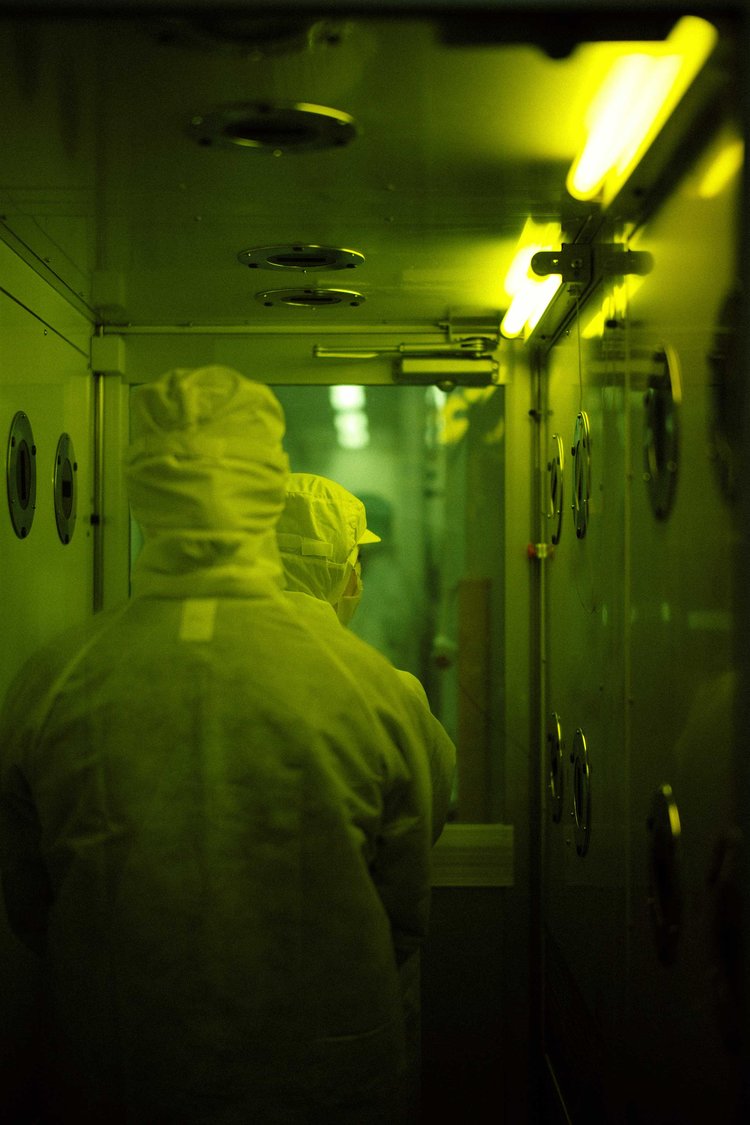
Who is the target audience for the brand?
When we first opened our flagship store, we projected it would be a high demographic of mid 20s to late 30s. But since doors have opened we’ve had customers in their 50s and 60s, middle aged and upwards, and young kids too. It is a unisex brand; when we first started it was around seventy-percent male and thirty-percent female, but now that has balanced out to a more equal divide. There’s a lot of women that come into the store now, which has been a pleasant surprise because gender neutrality is what we want to achieve through the design. It started off being girlfriends and wives that purchase products for their significant others but they would become interested in it for themselves afterwards.
retaW has a strong presence in the fashion world. Was this an intentional direction?
In essence, it was externally directed that way. Going further back, the first store that carried retaW was SOPH.¹ Through SOPH. carrying it – that gave it its affiliation to fashion. It was not an accident but that’s how it happened. First SOPH. carried it, Isetan, and BEAMS; a lot of menswear retailers started to pick it up, we went with the flow and let the people decide where it should be. We never meant to be a fashion fragrance brand, it sort of just happened to be externally marketed that way.
It was just about developing a product for any occasion; everybody needs water and enjoys water. There weren’t many fragrance labels that were in that stratosphere of the market. When we first started it was never about making money, it wasn’t about doing something fashionable – It was simply about creating fragrances we enjoyed ourselves. Luckily our friends and a small following took a liking to it, and that’s how it grew and positioned itself organically. Through pre-existing ties, the first few stores that carried it set the precedence for it to be carried in fashion boutiques. We just continued with that. We like to run our own course, and that’s why most of the retailers who carry retaW are aligned with a certain aesthetic in terms of menswear fashion. Even at Isetan, retaW is located on the second floor as opposed to the first floor, which houses most of the cosmetic, skincare and fragrance brands. The only fragrance label on the second floor is retaW, amongst men’s clothing brands. It was a natural unfolding of events, but we enjoy being there.
How does retaW set itself apart from the big names within the cosmetics industry?
Cosmetics or cosmetics industry, the term itself has quite a clinical image. Since it concerns something being applied to your skin, there can really be no room for error. It has to be safe and it has to be very regulated and regimented. We obviously have to go through the same procedures to make sure it’s safe for the market, but at the same time we don’t want to give a sterile and clinical image. We adhere to all these regulations but we want to remind the customer that we want them to have fun. In essence, we are aware of other labels in the industry but we set ourselves apart by focusing on a lifestyle of fragrance, as opposed to being a brand that focuses on giving you healthier looking skin.
We are more unconventional and untraditional, we don’t try to compete against big names because that’s not what we are trying to do. We’re not here to make waves within a huge commercial cosmetics industry. We’re carried in boutiques – where people may have a specific eye for things, and where they may have an appreciation for a certain aesthetic. This is how we identify and align ourselves. For example, our fragrance tablet – it comes in a vacuum sealed pack; you take out this perforated tag that rips up into 8 little pieces that you can throw into your bag, your wallet, your pockets, your suitcase etc. In Japanese we say this term a lot, but we want to encourage a sense of “playing” with these ideas. We want to have fun with it, we want to emanate that sense of having fun.

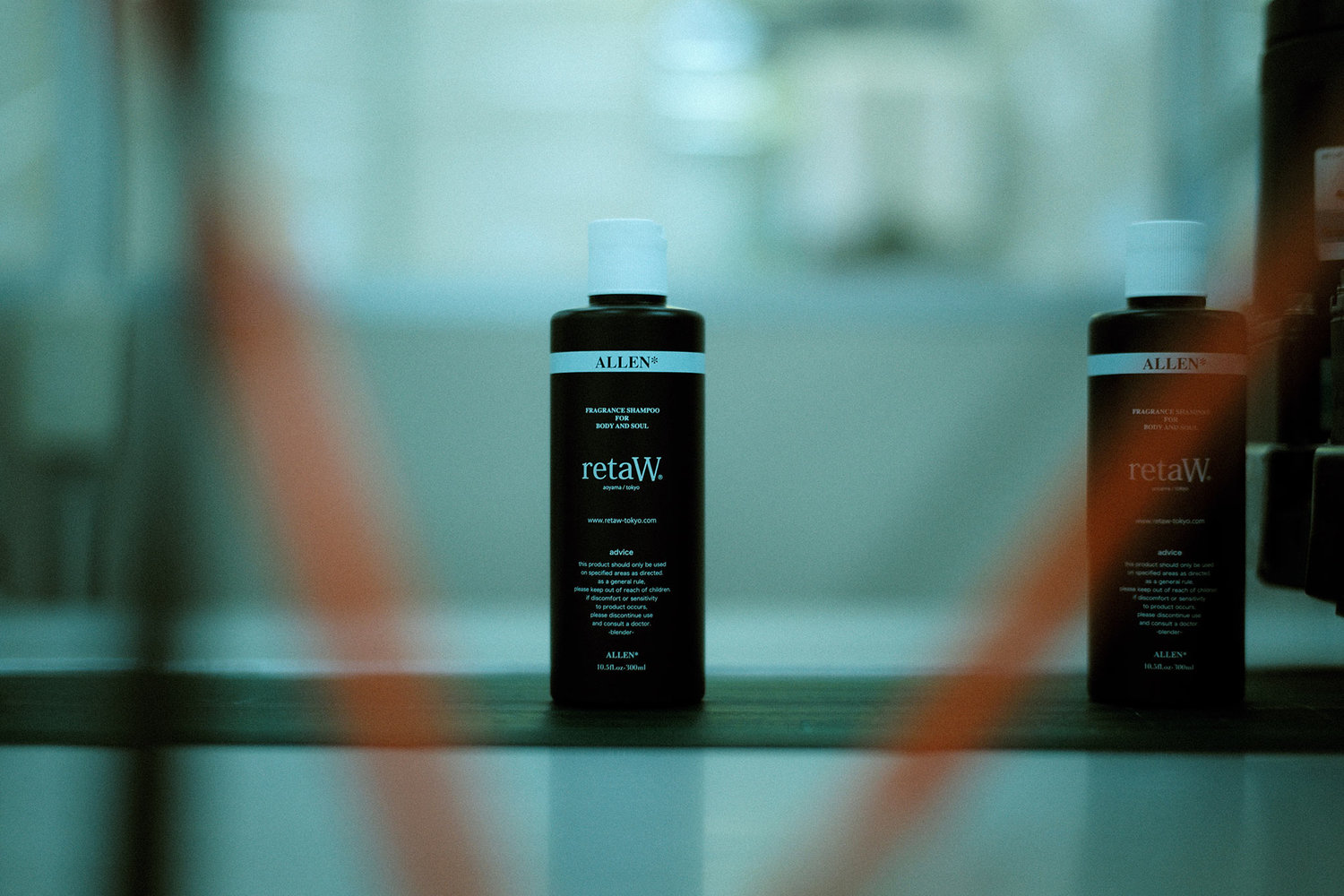
“There’s a scene in Quentin Tarantino’s Inglorious Basterds, where Christoph Waltz puts out his cigarette in an apple strudel. We really liked that scene so we made an apple strudel flavoured lip balm for after you eat a meal.”
What are some of the steps in developing a new scent?
A lot of our ideas come up over dinner or conversations at cafés. The ideation of our fragrances comes from a lot of musical and cultural references in film, music, and food. The first fragrance was Natural Mystic, and is actually patchouli and vanilla but the combination can smell somewhat herbal, which has a tie to natural mystic and Bob Marley. That’s how these ideas happen; it usually comes from Hiroshi over dinner, he would be talking about a musician and we’ll decide to make a fragrance that smells like lily and cassis (liqueur). We don’t explicitly say this is inspired from Lily Allen, but this is why it’s called ALLEN*. That’s the early phases in terms of how our products are developed. The recent lip balms that just released in jar form mostly came from film references. There’s a scene in Quentin Tarantino’s Inglorious Basterds, where Christoph Waltz puts out his cigarette in an apple strudel. We really liked that scene so we made an apple strudel flavoured lip balm for after you eat a meal. That’s where the idea for the name WIEN* comes from, because apple strudel comes from Vienna and in its native tongue Austrian it’s Wien. With Lewis, it is a reference to Juliette Lewis in the film Natural Born Killers. In the film there’s a sour key lime pie scene in a diner, and that’s why the fragrance of that lip balm is called LEWIS*.
So if people get it, they get it, and that’s great, but it’s never explicitly written on any of the products; that’s sort of how we market it. Customers these days are just getting smarter and smarter, so you don’t really have to spoon feed them each particular detail. They may figure it out for themselves, and even if not, and they enjoy purely for the fragrance, then it’s already enough as it is. People who are really into music may pick up the musical references behind fragrance names straight away, like Isley – Isley Brothers; Clooney – Rosemary Clooney. That’s why if they get it they get it and we’re very happy, but if not that’s completely fine as well. At the end of the day it’s all about the fragrance and how to use it in casual occasions.
In that sense, there’s not a scent first, it would be a reference with a scent tied to it?
Most of the time it will come from a reference and then we will seek out the fragrance. We have a nose (perfumer / le nez), we explain the concept and he’ll figure out the notes. There’s always top, middle, and base sections and each section has either 3 or 4 notes, almost like a haiku of fragrances. There’s usually 9 – 12 components to it and the nose will figure out the fragrance contents and so forth. For example if Lily is the main fragrance, we don’t want just lilies; we like to consider retaW as an unorthodox brand so we want to change it up and make it more unique, not just – this is simply rosemary essence or this is simply lily essence. We’ll mix it up with something unexpected that’s interesting to keep in line with our customer base. An example mix would include vanilla, patchouli, and milk tea; patchouli can smell quite intense, but you can balance it out with milk tea notes. That’s never been written anywhere on products, but that’s where Natural Mystic derives its notes of sweetness.
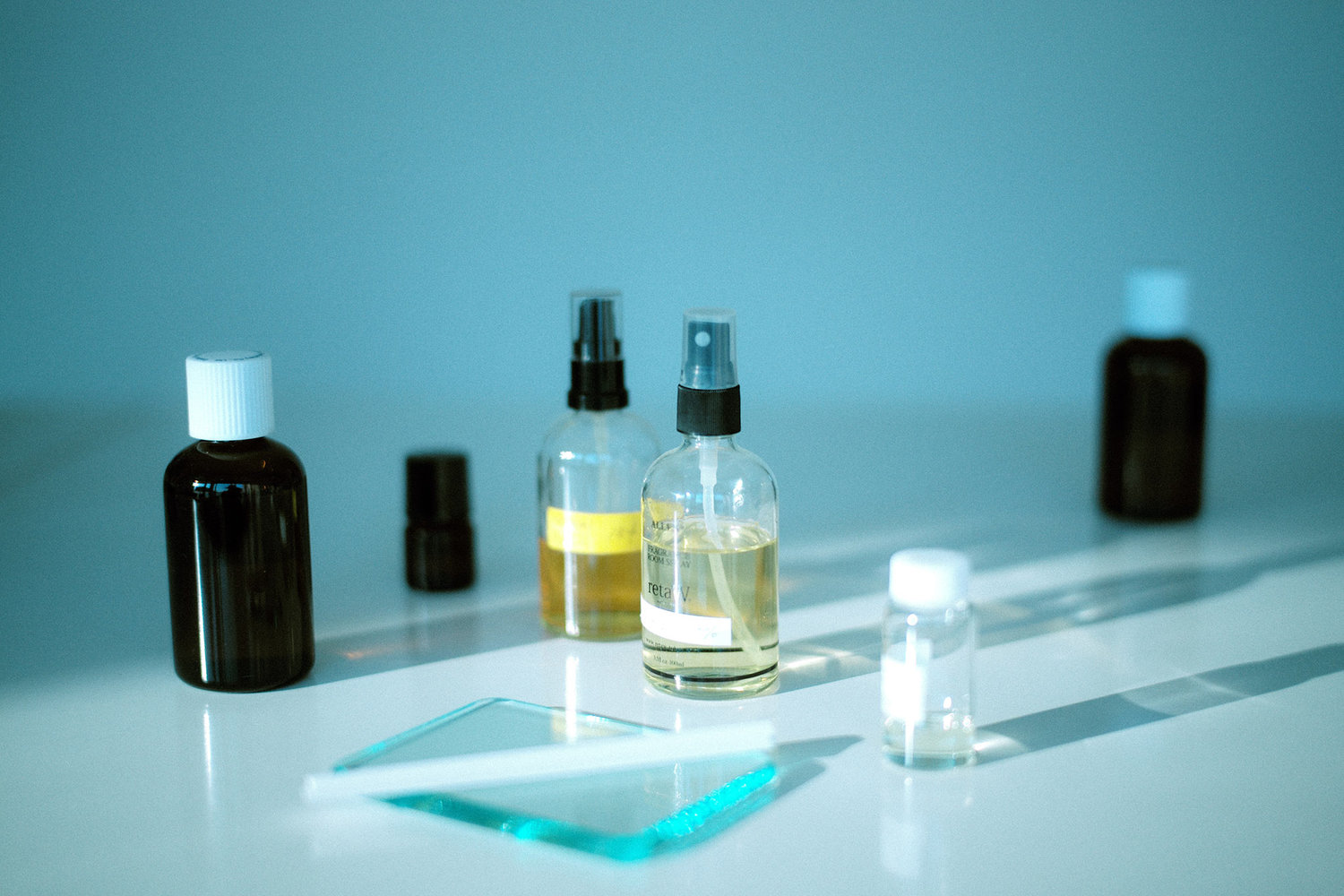
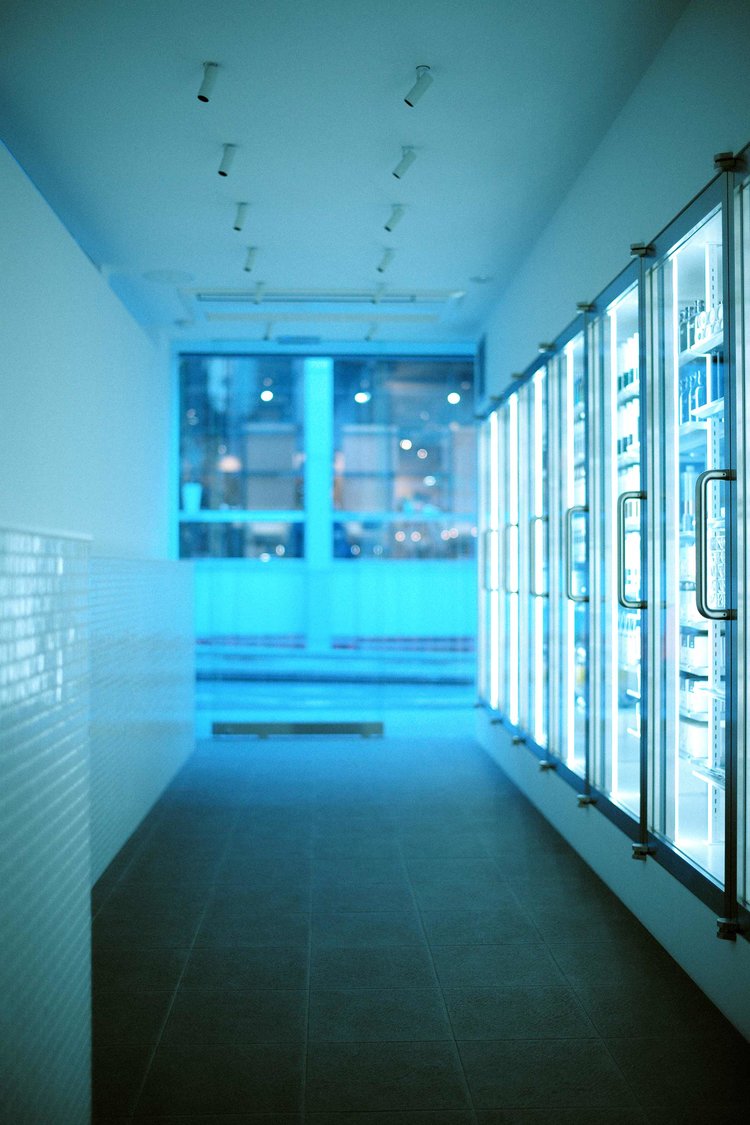
retaW has done a number of collaborative projects with the likes of NEIGHBORHOOD, Burton, Head Porter, and BAPE. How do these projects come about?
In similar fashion to the way the brand comes up with ideas of fragrances or products, it all happens organically. For most of the collaborations, we’re approached by brands. However recently with collaborations, we’ve actually been stepping away from this, as we see a market already flooded with collaborations. We will only pursue a collaboration if it truly holds some kind of meaning or significance. For example, with our fragrance spray with Burton, we realized through experiences at ski fields that a lot of ski resorts often use a terrible watered down solution of ethanol spray to sterilize outerwear and boots. Through our ties to Burton, we casually discussed this issue and things naturally took shape from there. Most of these projects usually come through Hiroshi’s affiliate brands, someone we usually already have a history or relationship with.
How do you work together with a brand to create a unique scent?
Since we are the ones making the product we usually want to incorporate an idea that’s out of the box for us. We’ll always discuss collaboratively but we like to consider ideas from the other party. Deciding on a scent is what usually takes the longest time, because it can be difficult to achieve a certain type of scent and everyone can have their own interpretation of a scent. With certain brands we’ll have to do numerous batches of test rounds until we get it right. The issue is that we don’t know what the scent could really be; the scent that someone has in mind can be quite challenging to bring to a physical reality. Even though they might have specific words and fragrances and we’ll have a good idea and direction for it, when it comes to them actually smelling it, it might be different altogether. That is the process of how we come up with a scent. Quite simply put, we meet with a collaborative partner and they’ll have an idea if not, we are happy to consult them.
Where are retaW products made?
All of retaW products are made in Japan, there are more than 10 factories that produce a variety of different products for us. Because we’re a small company and sometimes only account for less than ten-percent of the factories’ production, there are a lot of challenges with things like minimums and production deadlines. Like we said we are not trying to compete with big names in the industry, so that means we deal with smaller numbers which in turn may give us a boutique image. But at the same time we enjoy it this way, it also gives us better control over what we do, and makes more logical and practical sense to do it all within Japan. Most of these factories are not in the city centre, they are usually in the rural outskirts of the Greater Tokyo area.

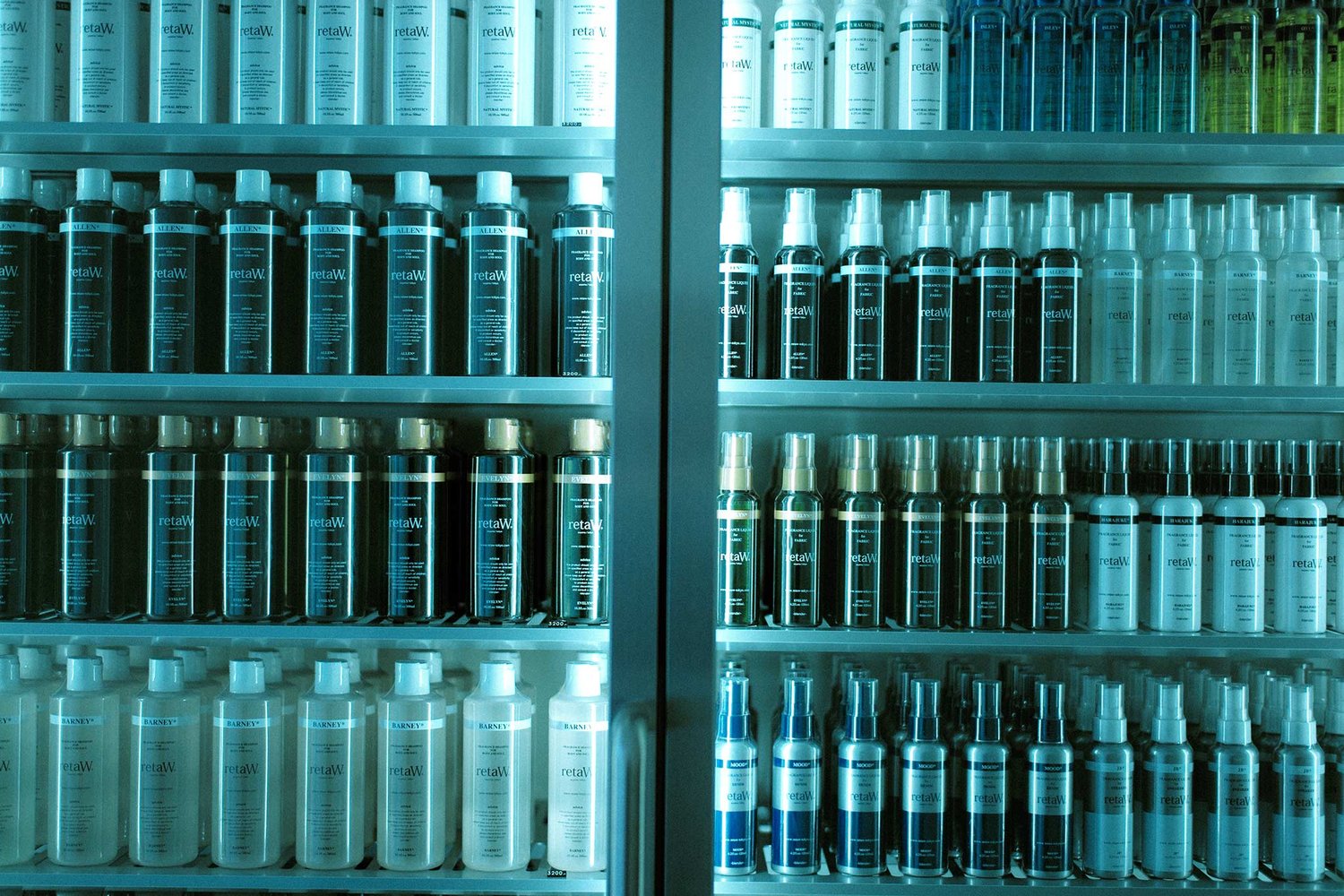
It was quite a long time until a flagship store was opened in 2016, was it always decided that a brick and mortar store would happen?
Eventually, it wasn’t decided at the beginning during the inception of the brand. It was more like “we should probably build a store now”, as it was mainly a wholesale business. But when the timing felt right we did it, we never try to force things and it was just a matter of time. We are glad we were able to do it and through the people we wanted to do it with as well.
The first office was based in Aoyama and is what lead to the name retaW aoyama/tokyo, but the shop is actually in Harajuku right behind fragment (design). When we first decided to open a store we were looking for a good space in Aoyama. We initially didn’t think to open in Harajuku, as we wanted to avoid an image that was too attached to streetwear. But we realised these were the very cultural beginnings that would help give birth to retaW and that we should stay true to our roots. The store is parallel to Propeller-dori, which is a famous street in Harajuku where stores like Supreme and NEIGHBORHOOD are located. We purposely didn’t make the store on that street because we wanted retaW to be slightly off the beaten path, but close enough as we still feel a part of that culture.
We built out the store in a “hidden gem” kind of way, at first when you see the store it’s a drastic contrast to its immediate surroundings, which can look a bit derelict – Harajuku has that charm. The architecture and the philosophy behind it is that we want people to enjoy fragrances in a more casual manner, that’s why we built what we feel is a refined and sophisticated store in a contrasting area of Harajuku. It made sense – roots wise, because that’s where the whole culture was born. It’s slightly off the beaten path, and not in your face, as that falls in line with our brand philosophy too.
“We want to keep customers happy and make them excited about certain things coming in different forms. We offer them experiences they haven’t had before which they can enjoy.”
Can you tell us a bit more about the design and thought behind the shop?
We enlisted Nobuo Araki, he’s the one who designed the POOL aoyama, The PARK · ING GINZA, and Takashi Murakami’s Kaikai Kiki studios; so it made sense he was going to do it. The store is actually based off the concept of a Japanese convenience store like Family Mart or LAWSON which are called konbinis in Japanese. As soon as you come in the store, which is about the size of a shipping container, you can see all the products in fridge units. The reason why it was based off a konbini is because we wanted to encourage an environment where you would feel comfortable to reach into the fridge and take things out yourself like a konbini, instead of having a fragrance being forced upon you. A sensation that is casual. There’s a direct juxtaposition of a high-end konbini because those things are sort of contradictory. Taking something ubiquitous and accessible in everyday life, yet making it refined and high end. That was the concept behind the store. All things are done subliminally in terms of products and design. You get a sense of walking into a convenience store through the design and layout of the store. However the materials that make up the fridge units that are state of the art, the door handles are shipped in from a specific supplier in Germany, and the floors are tiled with marble.
Aside from expanding in Japan, are there any plans for global stores?
It’s definitely been discussed, but again it’s one of those situations that you can’t really force; it usually boils down to timing, as most of these things happen organically. If this happens, it will probably be because an opportunity will present itself. But it’s definitely something we’re open to, even though we’ve always been represented well through international boutiques. Our brick and mortar flagship is a strong marketing channel that represents the brand well, so if we can do something similar that resonates well with people overseas then we’ll be happy with that, as long as it’s applied well and makes sense to have it there.
retaW pays a lot of attention to branding and packaging which is very thought out, it’s a very visual component to a fragrance brand. Why is that important in this current consumer landscape?
It comes from a sense of wanting to offer something new, evolving with the times; challenging the way we see things traditionally. We want to challenge people when they see our products through different or unconventional packaging and design. People are constantly evolving and that is also true in regards to a product. For example, we like to vacuum pack certain products to visually emphasise fragrant air being trapped inside, so the person can enjoy the moment they open up the package for the first time. We want to make people excited about certain products arriving in unconventional forms so the solid perfume is packed in a tube that fits in your pocket so you can casually enjoy on the go; you don’t feel like you have to carry around a bottle of perfume with you all of the time. The visual component of our products is important because it encourages people to use them in their own style, the car tags for example, we see people attach them to the handles of their bags because they might like the way it looks on their bag and it makes their bag smell nice. It’s a different way of enjoying fragrance.
Are there more plans to expand the brand moving forward in the sense of products?
We’re creating these products from a daily occurrence of everyday needs. For instance putting on shoes and realising they don’t smell as fresh, gave way to the idea of the sneaker spray; the case is similar with the room spray. A lot of these things eventuate organically. From one body shampoo in 2009, we now have a wide variety of products and it will continue to expand and grow. We are diversifying our products, and constantly discovering new scenarios in daily life where we can appreciate and enjoy fragrance. We recently created an oversized diffuser, almost as a joke, they are ridiculously big reed diffusers that we only made a few of to begin with, but suddenly became popular and we’re struggling to meet demand with production. We’re just trying to have fun with it, and instill a sense of asobi-kan (sense of fun) into our products. As long as we are able to continue doing this, and able to make people happy through our products, that ultimately keeps us happy too.

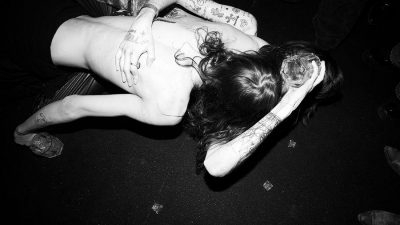
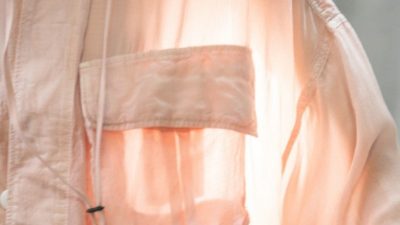
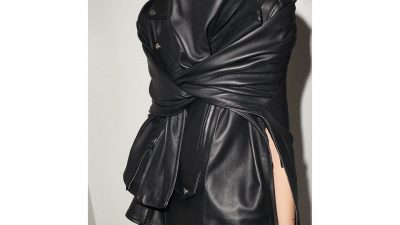
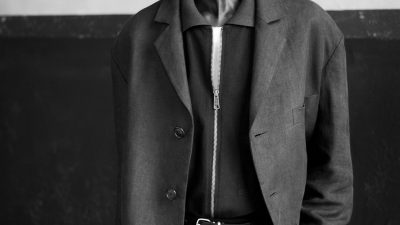

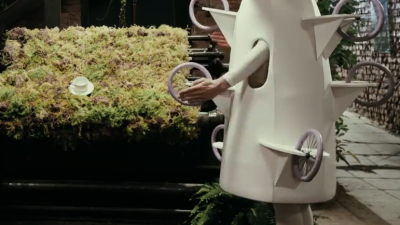
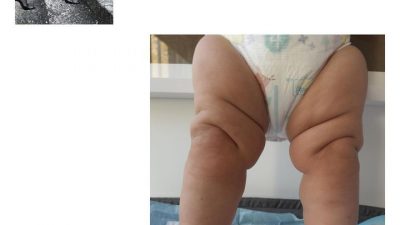
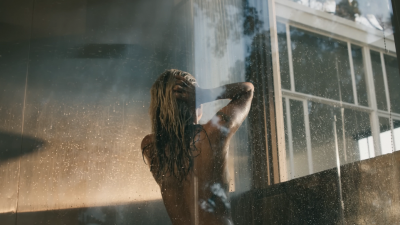
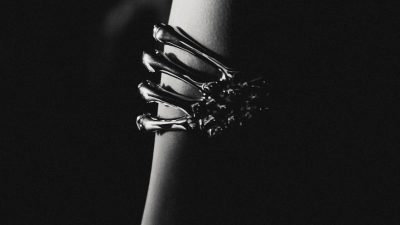
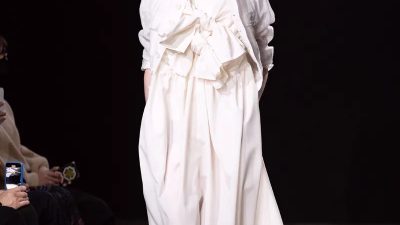
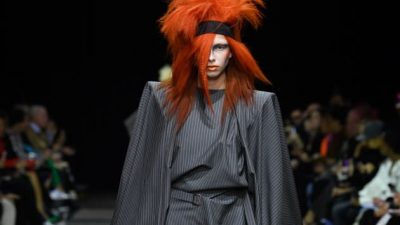
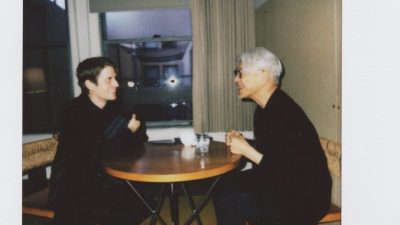
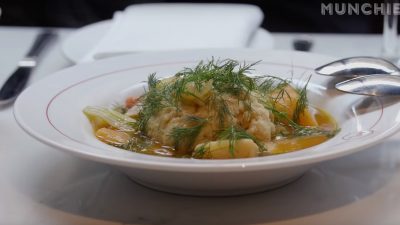

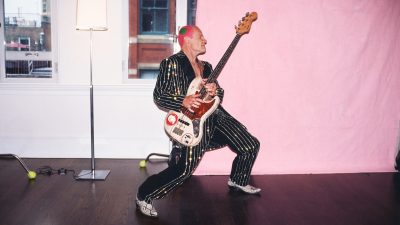
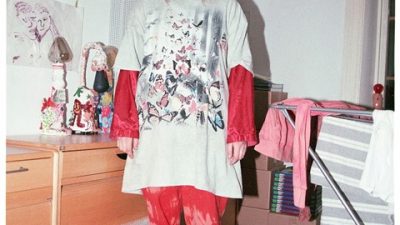
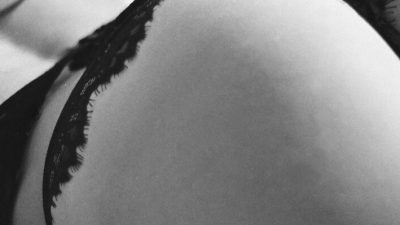
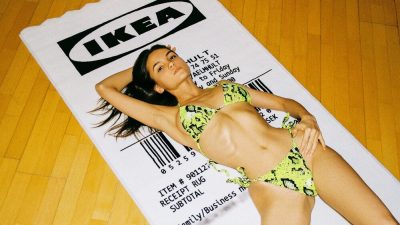
![retaW | [ri-’tü]](http://www.nowally.com/wp-content/uploads/2017/08/retaw-intelligence-magazine-5-1024x683.jpg)



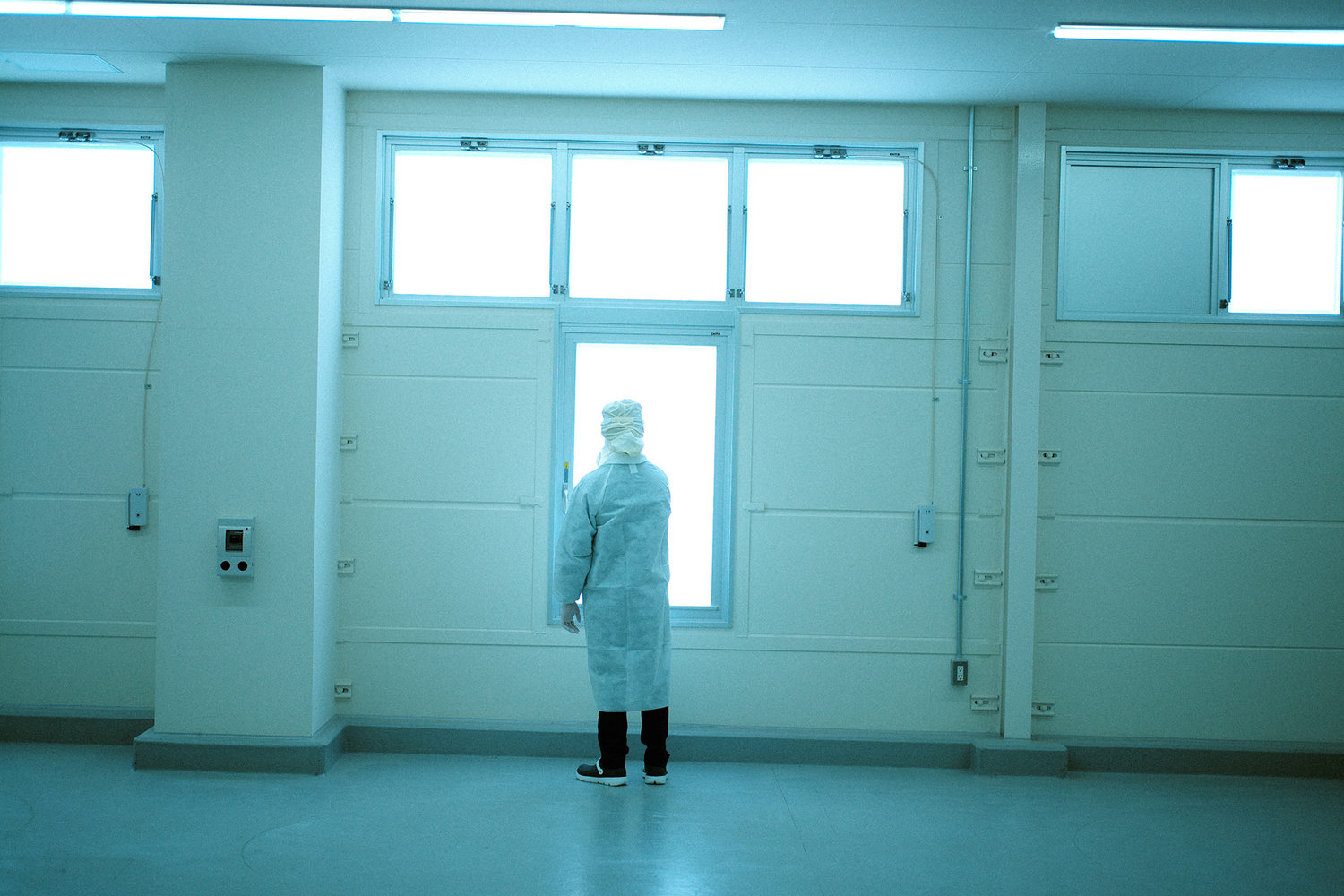


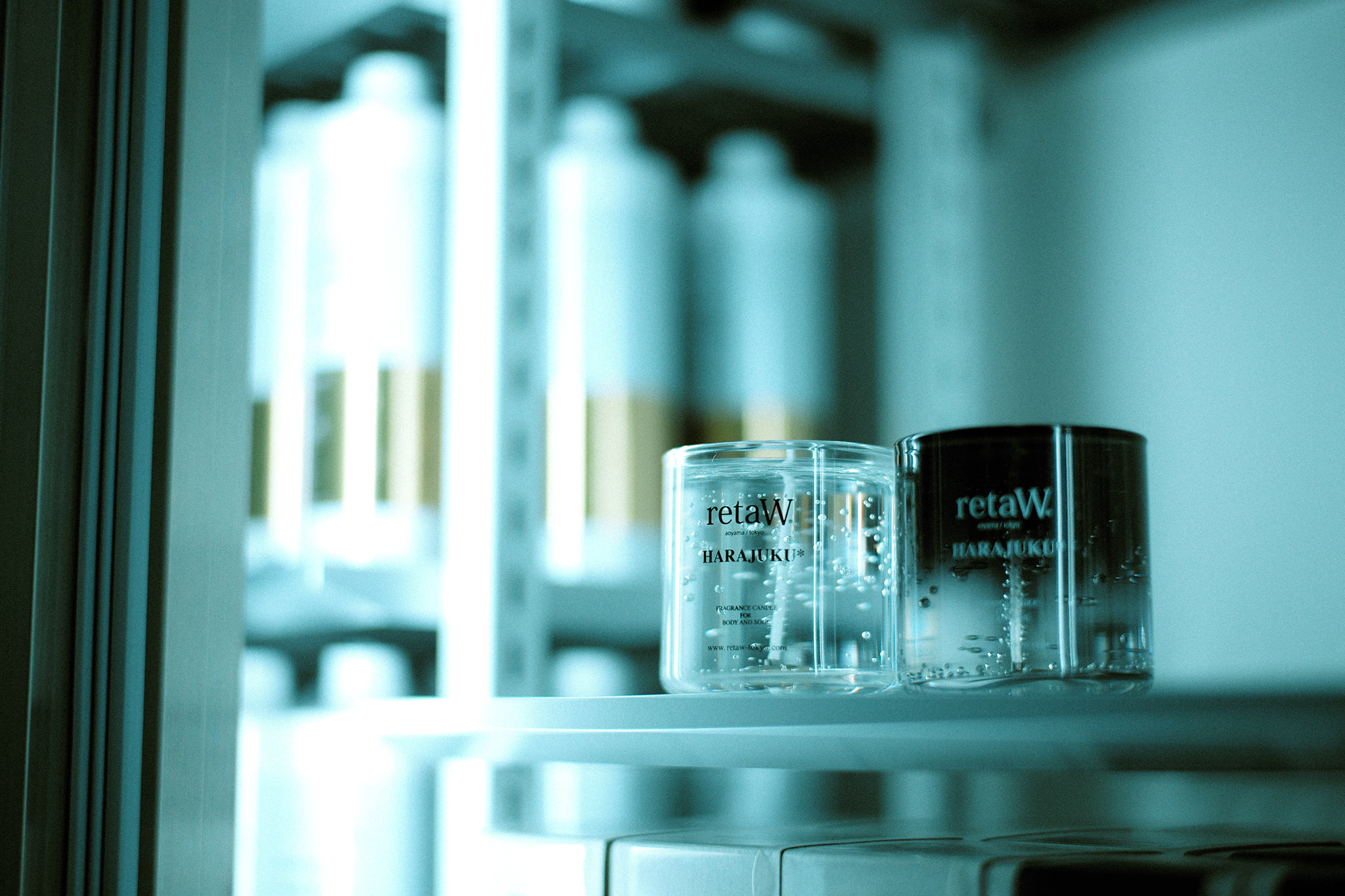

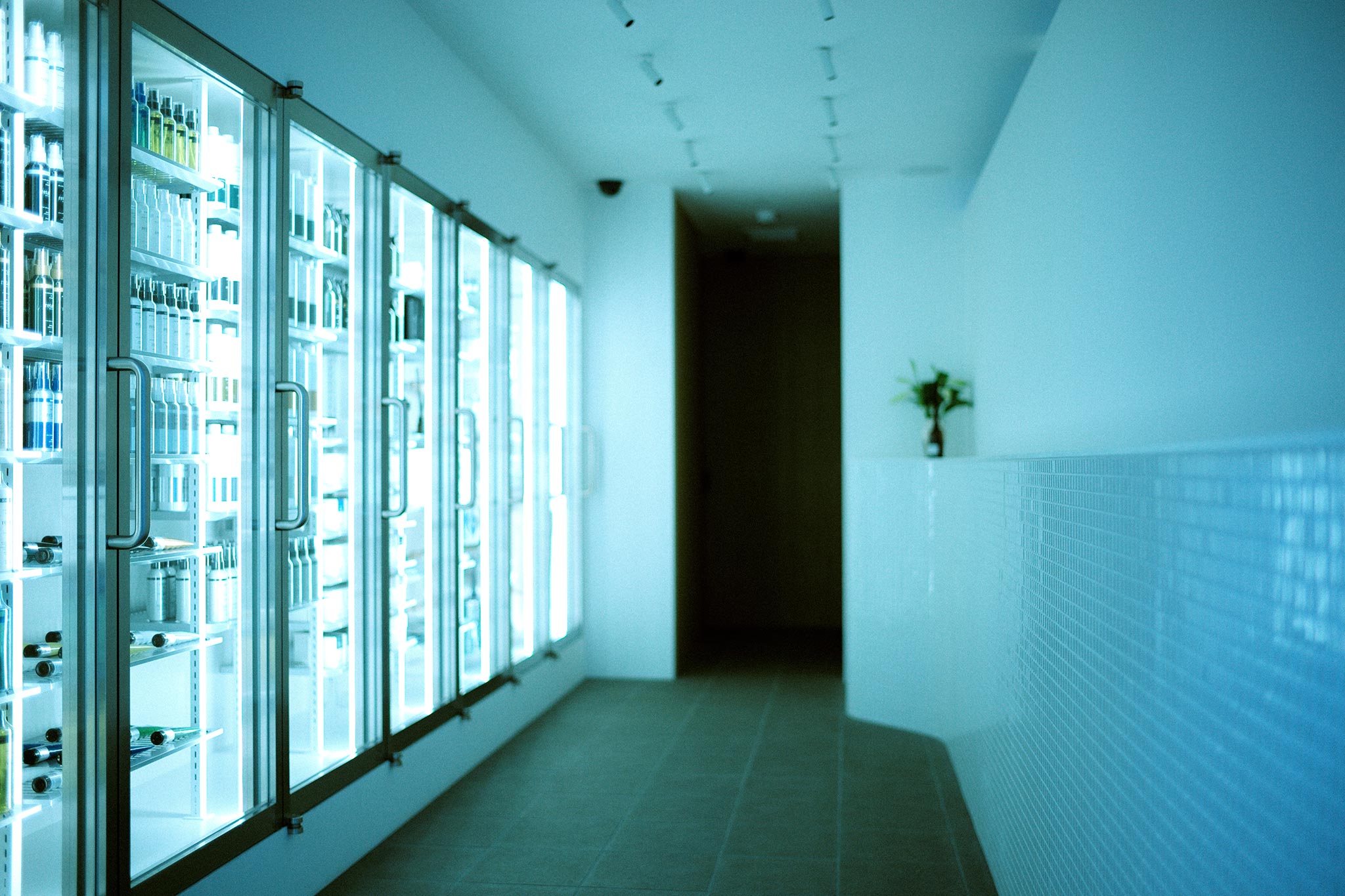
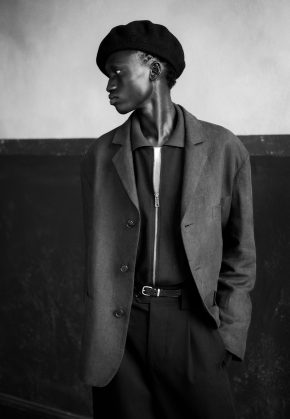
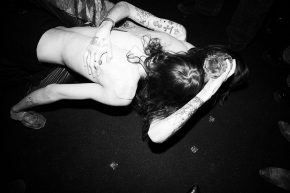
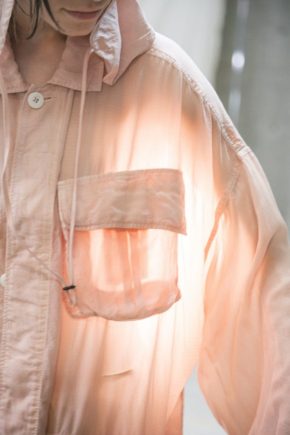
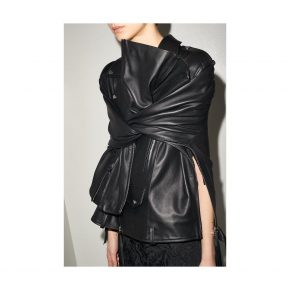
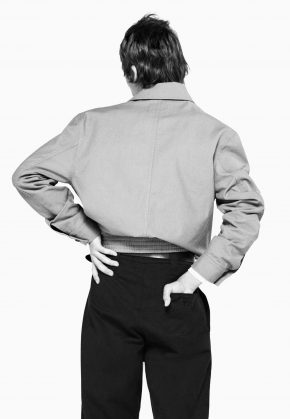
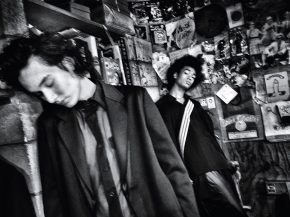
Comments